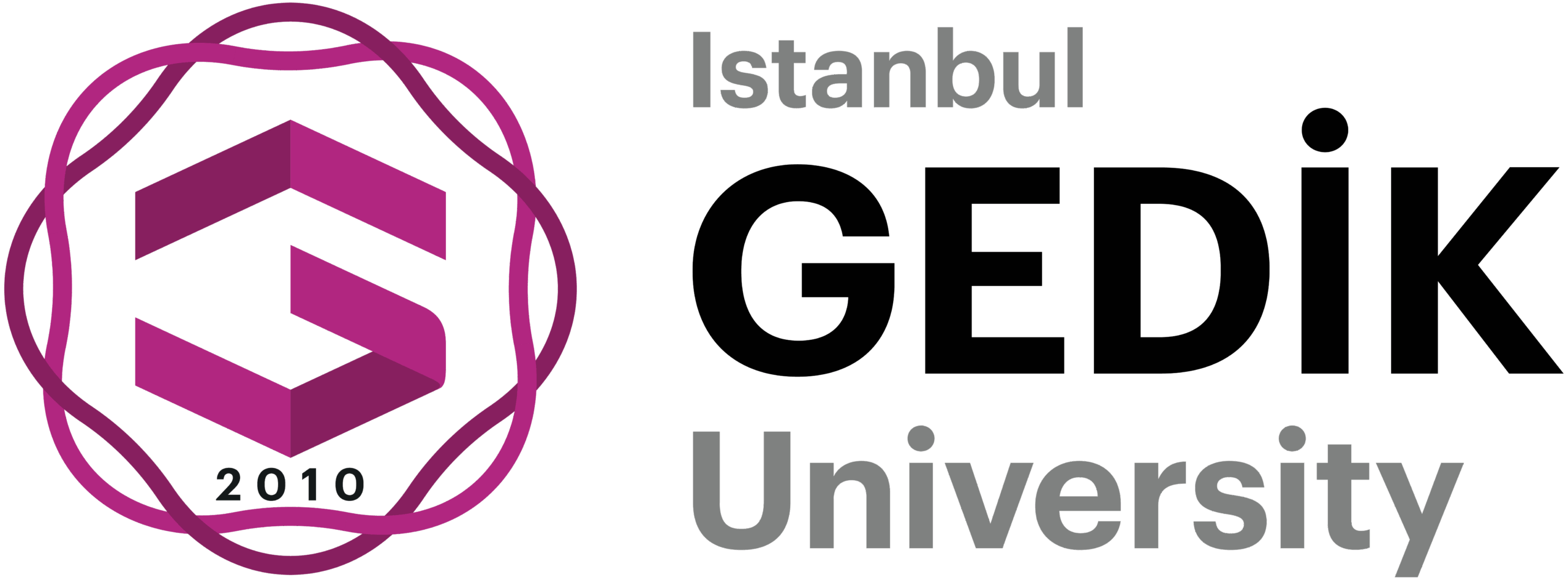The Media and Communication Program is a formal education program at the associate degree level. The Media and Communication program provides comprehensive training in the theory and practice of communication for professionals in every field of media, equipping them with the skills and knowledge required for success in their chosen field. In the contemporary era, the media plays an instrumental role in both public and private sectors, and its utilization is not merely optional but rather a necessity. The expansion of the media’s presence in our daily lives, driven by technological advancement, underscores the growing necessity for qualified professionals trained in this field within the media sector.
The Istanbul Gedik University Media and Communication Program offers an associate degree program that provides education to meet the ever-increasing human resource needs of the sector. The curriculum is organized according to the changing subjects and fields of traditional and new media, and the program offers a variety of qualifications that prepare students for business life. Internship opportunities are also provided through the 3 + 1 education model, which allows students to gain practical experience in the sector. The program is led by a strong academic staff and has access to physical equipment that supports both theoretical and practical education.
What are the reasons for studying Media and Communication at Istanbul Gedik University?
- It is the sole formal education institution in Istanbul offering an associate degree program in media and communication.
- In the 2023 TYT placement results, the program achieved the highest base score, thereby ranking first.
- In the 2023 TYT placement results, all quotas were met.
Vission
The Media and Communication Program aspires to become the foremost choice for both the sector and students alike. It aims to produce communication professionals who are receptive to self-improvement and eager to learn, equipped with a quality education in the diverse field of media.
Mission
The mission of the Media and Communication Program is to train leaders, professionals, and experts in the field of communication. Our graduates are innovative, dynamic, well-equipped, and adhere to professional and universal ethical codes. They are open to lifelong learning, respect social values, and are capable of implementing, executing, developing, and evaluating communication processes. Our curriculum is designed to equip students with the theoretical and applied, professional and academic knowledge required for success in both traditional and digitalizing media sectors. It is compatible with the evolving landscape of communication and information technologies.
Who’s eligible to apply for this program?
If you meet these qualifications, you can apply for this program:
- You should be interested in media tools and media and want to be successful in this field.
- You should also be curious about current events, like to research and share what you find, and closely follow developments in technology.
- You should be sociable and enjoy interacting with people.
- You should also have a creative spirit and be active and dynamic.
After Graduation
After graduation, our Media and Communication students end up working in all kinds of places, from radio and TV channels to newspapers, media production centers, news agencies, advertising agencies, digital broadcasting platforms, service and industrial enterprises, hotels, international trade enterprises, and marketing, corporate communication, and public relations departments of global enterprises. Plus, graduates can look for work in related areas of public
organizations.
Vertical Transferable Majors
Press and Publishing, Film Design, Photography and Video, Journalism, Visual Communication, Visual Communication Design, Visual Arts and Visual Communication Design, Communication, Communication Sciences, Communication Arts, Communication and Design, Media and Communication, Media and Communication Systems, Radio and Television, Radio-Television and Cinema, Cinema and Television, Television News and Programming, and New Media.
